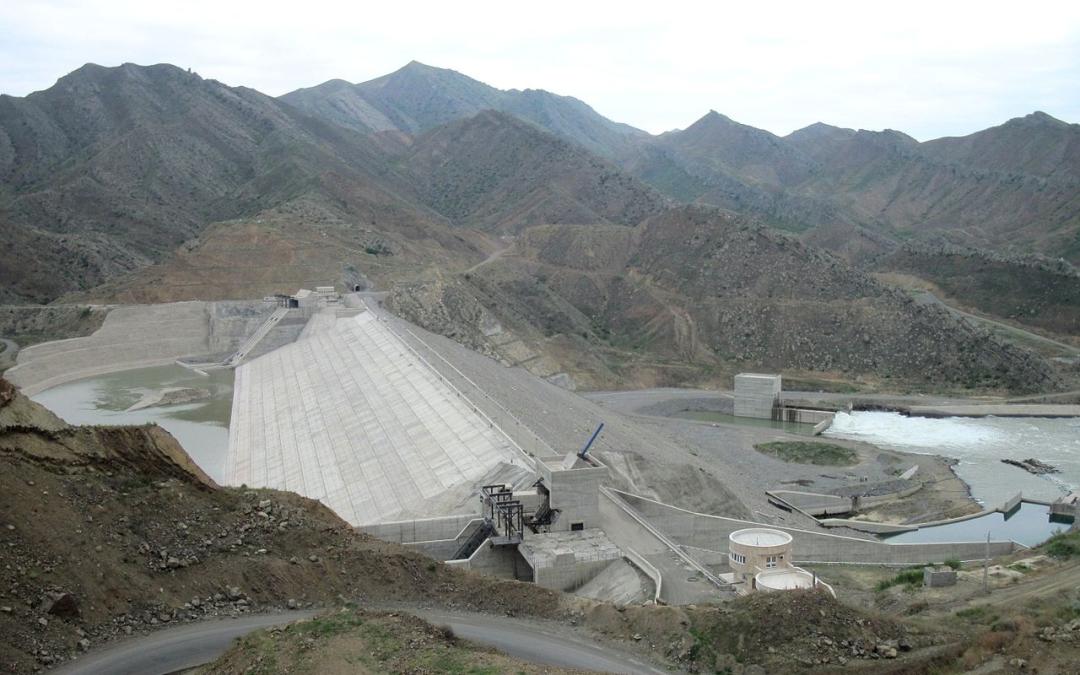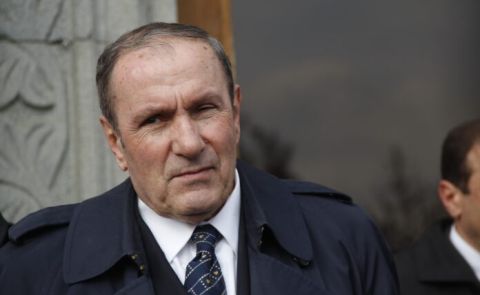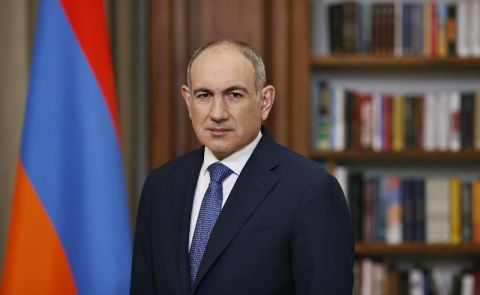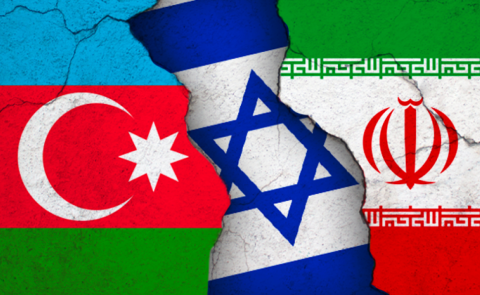
Iran and Azerbaijan to expand energy cooperation following Nagorno-Karabakh ceasefire

On 24 December, Iran's President Hassan Rouhani stated that the settlement of the disputes between Azerbaijan and Armenia regarding Nagorno-Karabakh would have good economic impacts for people living on the Iranian side of the border.
He emphasised that the settlement of disputes between Armenia and Azerbaijan over areas surrounding the Nagorno-Karabakh region enabled Iran and Azerbaijan to complete key hydroelectric projects on the border. “The liberation of territories of the Republic of Azerbaijan was helpful to some economic activities, a first instance being an agreement on the Khoda Afarin Dam which states that we can use its electricity and water. This dam is capable of irrigating 120,000 hectares of our lands,” he added.
A day earlier, Iran’s Energy Minister Reza Ardakanian met with his Azerbaijani counterpart Parviz Shahbazov to discuss issues of energy cooperation between the two countries. The work done on the project to connect the energy systems of Azerbaijan, Iran and Russia, and the preparation of the feasibility study of the project by the invited consulting company was reviewed. The parties also spoke about electricity trade between Azerbaijan, Iran and Turkey, noting the importance of cooperation in this format. The ministers talked about the construction of Khudaferin and Maiden Tower hydro junctions and hydropower plants on the Araz river, and Ordubad and Marazad hydroelectric plants within the framework of agreements signed between the two countries.
The export of electricity from Azerbaijan to Iran, construction of a power plant on Azerbaijan-Iran border to generate electricity using Iranian gas, and the transmission of electricity produced at the plant to Iran and third countries was discussed. In the meantime, the parties also exchanged views on the participation of Iranian companies in restoring electricity supply in the territories of Nagorno-Karabakh. Under the 9 November statement these territories were transferred under effective Azerbaijani control.
Shahbazov also met with Iran’s Oil Minister Bijan Namdar Zangeneh. The topics of discussion were the Natural Gas Exchange Agreement of 2004 to meet the natural gas needs of the Nakhchivan Autonomous Republic and the cooperation between the two countries under OPEC+ agreement and the development of the oil market.
Afterwards, Ardakanian announced that he reached a final agreement with Azerbaijan’s Deputy Prime Minister Shahin Mustafayev on how the two countries should proceed with plans to construct two major power plants on the Khoda Afarin Dam, adding that the two sides had agreed to settle long-standing financial issues regarding the dam and its construction.
It was also reported that the chief of staff of Iran’s Presidential Office Mahmoud Vaezi also held a separate meeting with Shahin Mustafayev. Vaezi said after the meeting that new conditions have emerged in the region and that it was “necessary” to have a meeting with Azerbaijan’s officials. He further told reporters that the two sides agreed to hold a meeting of the Iran-Azerbaijan Joint Economic Cooperation Commission and speed up the implementation of joint projects on the construction of railways, dams and power stations.
The Khoda Afarin Dam was built on the Aras River which straddles the Iran-Azerbaijan border. Iran seeks to build two 280-megawatt hydraulic power plants on a reservoir which holds 1.6 billion cubic meters of water. It should be noted that Azerbaijan's trade with Iran amounted to $274 million, thus making Iran Azerbaijan's largest trading partner among the Persian Gulf countries in January-October 2020. Out of the total turnover, export from Azerbaijan to Iran amounted to $34.5 million, while the import from Iran amounted to $239.4 million.
See Also


Armenia Strengthens Ties with Council of Europe

Former Armenian President Labels Pashinyan a Traitor and Blasphemer

Pashinyan Addresses Key Issues on Church, National Future, and Fund Allegations

Azerbaijan Calls for 'Dialogue and Diplomatic Resolution' Between Israel and Iran

